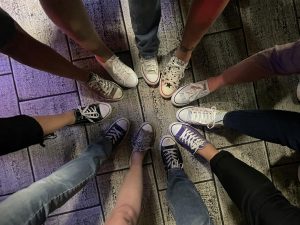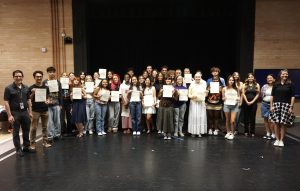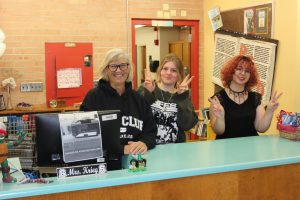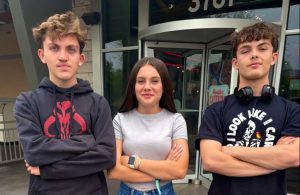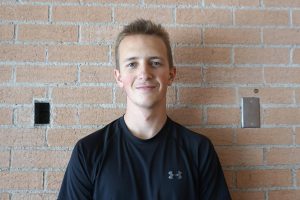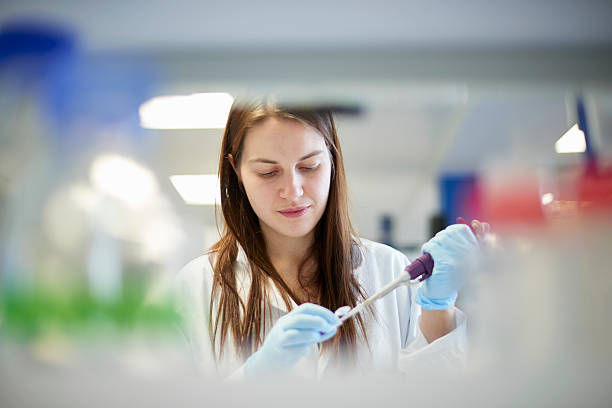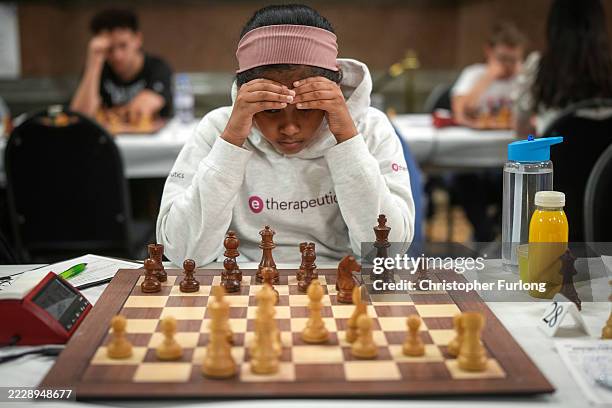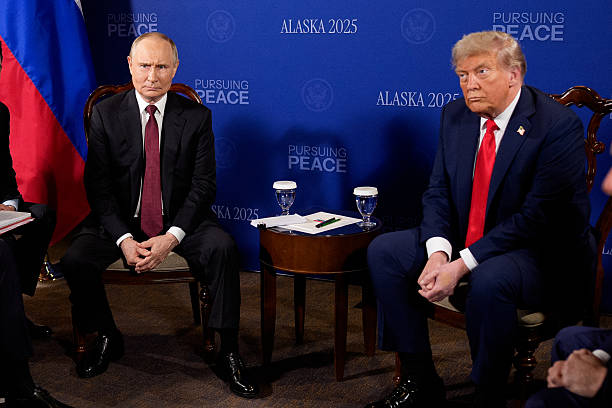Students at the University of Southern California are taking an interesting stand for mental health through a new campus-wide act called the Speak Your Mind Challenge. This student-led movement aims to break the stigma around mental illness and promote open discussion on mental health.
Done for the first time since the 2014 ACL Act, this event occurred Friday at McCarthy Quad, the challenge allowed students to take a microphone and speak publicly for 60 seconds about a personal experience, a struggle, or any input into mental health. Quickly the event drew a crowd of over 700 students, faculty members, and campus mental health advocates. Volunteers say the challenge was created not only to encourage vulnerability and support but also to raise awareness of the growing mental health crisis, especially among college students worldwide.
“We wanted to create a space where people felt seen, heard, and unashamed,” said Kiara Lopez, a senior psychology major and co-creator of the event. “Mental illness affects so many of us, anxiety, depression, burnout, yet too many people are still afraid to talk about it. This challenge is our way of saying: your voice matters.”
The event featured an open mic format, allowing participants to register in advance or spontaneously step forward to speak. Topics ranged anywhere from academic pressure and social isolation to stories of therapy and recovery. A few stood in silence for a full minute, a symbolic act honoring those who we lost and those who struggled in silence, opening discussion and sharing facts. For example, suicide is the largest killer of men under 50, furthermore every 10 minutes we lose a valuable life. The most shocking of them all? An estimated 1.6 million attempt suicide each year, 12.9 seriously contemplate it.
One participant, sophomore engineering student Marcus Lee, shared his battle with depression and his decision to seek help after nearly dropping out last year. “I felt like I had to have it all together, school, internships, a social life. But I was drowning,” he said. “Speaking out today felt terrifying, but also freeing. If even one person hears this and decides to reach out for help, it’s worth it.” According to a 2024 survey by the American College Health Association, over 70% of college students reported experiencing moderate to severe stress, and more than 40% said they struggled with depression at some point in the past year. Despite this percentile rapidly inclining with growing needs, many still feel shame or fear when it comes to seeking support.
Dr. Amanda Reilly, Director of USC Student Mental Health Services, attended the event and praised the unique initiative. “This generation is more aware than ever, but stigma is still real,” she said. “Events like this create a culture where talking about mental health is normalized, not hidden. That’s essential if we want students to thrive… not just academically, but emotionally.” In addition to the open mic, the event featured booths from counseling services, mental health organizations, and volunteer peer support groups. Those attending could write messages of encouragement on a “Wall of Words” or pick up resource kits that included hotline numbers, mindfulness tools, and tips for helping friends in crisis. The event closed with a group affirmation, followed by a moment of silence for those lost to suicide or still struggling in silence.”
Organizers say the Speak Your Mind Challenge will now become an annual event at USC, with plans to expand to other campuses next year. When the Mental Illness Needs Discussion Club (MIND) posted the first #SpeakYourMIND campaign video to social media on March 31, it quickly gained 124,000 likes on Instagram alone with the trend of dumping ice-cold water on yourself and nominating your friends to do the same. This lighthearted and humbling act has raised more attention to mental health than ever before. It’s taken off on every platform including TikTok, Instagram, Facebook, and just about everywhere else.
Since Friday March 31, the USC Speak Your Mind Challenge has trail-blazed the internet, leaving behind inspiration and a place for vulnerability, reminding us that we are all connected and can achieve anything as long as we work together.
“This is just the beginning,” Lopez said. “Every voice matters. And the more we speak, the more we heal.”

